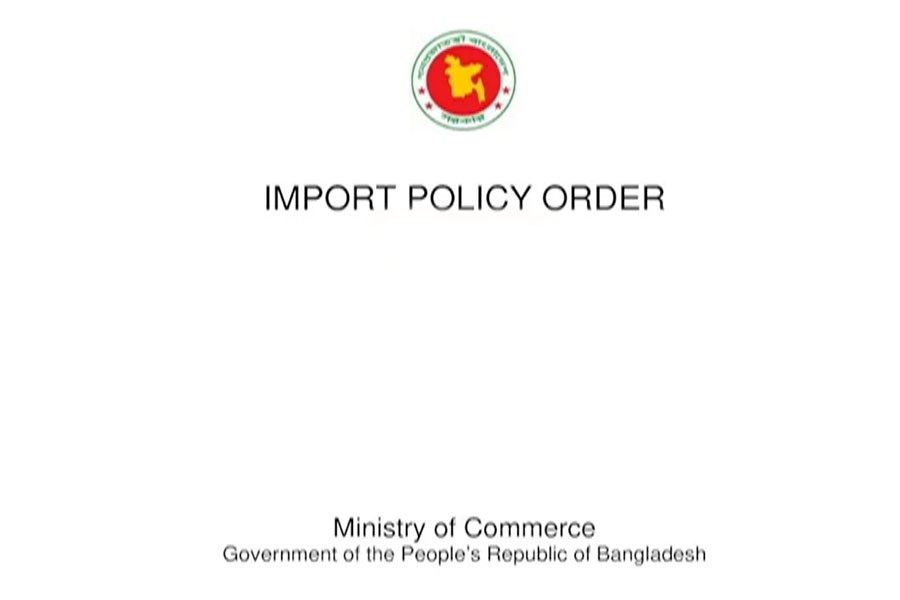The draft import policy order (IPO), 2021-24 is set, according to report carried in a Bangla contemporary, to go for a paradigm shift in several areas, particularly in line with Bangladesh's transition from a least developed country (LDC) to a developing country. It is the IPO, 2015-18 that is still in force because no IPO was declared for the year 2018-21. By this time the country's economy has gone from strength to strength and this has prompted the policymakers to rethink import of several materials. One particular item --- old or second-hand garment that is-has, for valid reasons, come under closer review. Under the previous IPO, 2015-18, there was provision for import of used blankets, sweaters, cardigans, zipper jacket, men's trousers and synthetic shirts. As many as 6,000 importers were allowed to import such articles. With the economic progress, the demand for old garment has drastically dropped. Only in winter, does the trade of warm clothes pick up to some extent. Consequently, the number of importers of this item also has dropped to about 3,000 now.
The policymakers have rightly identified that involved here is the country's image as well. Import of second-hand clothes is not particularly flattering for a country poised to be a developing one. In the next IPO, therefore, permission will be given for import of half the volume of all the different garment articles. Whereas an importer was previously allowed to import two tonnes of blankets, now s/he will have to import one tonne and similarly, the share of sweater, cardigan, zipper jacket, trouser will drop from six tonnes to three. Reportedly, the policymakers have a plan to do away with the import of old garment by the year 2026 by bringing about a radical change in the IPO 2024-27. That will definitely correspond to the growing status of the country.
So far so good! But the nagging question of widening economic disparities in the country should make many people nervous. Also, the turn and twist coronavirus is undergoing may have left a far worse adverse impact on the income of the poorer section of society. The readymade garment (RMG) industry has by default become a source of cheaper wears when articles develop slight defects or otherwise consignments are rejected for different reasons. This explains why footpaths up to lanes and by-lanes of the capital have turned into temporary sale points. However at a time when the poorer have to make a choice between foods and clothes, perhaps the former prevail over the latter.
Then, of course, there are floating people and beggars in this city and other cities who sleep on footpaths, steps of shopping malls and at railway stations. The misery of these people in rainy season and winter knows no bound. Right now they need shelter and warm clothes. If import of old clothes does not make the country proud, the suffering of these wretched fellow human beings should also undermine many of the country's achievements. Some of these people are victims of river erosion. Without their rehabilitation, the country's elevation to the developing status will not be complete. On this score the prime minister of the country has time and again reiterated her resolve to provide every citizen with a shelter. Let it happen and make progress really meaningful.


